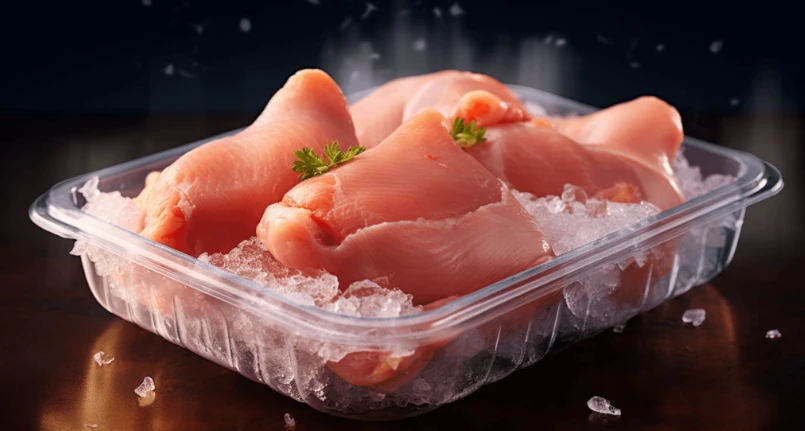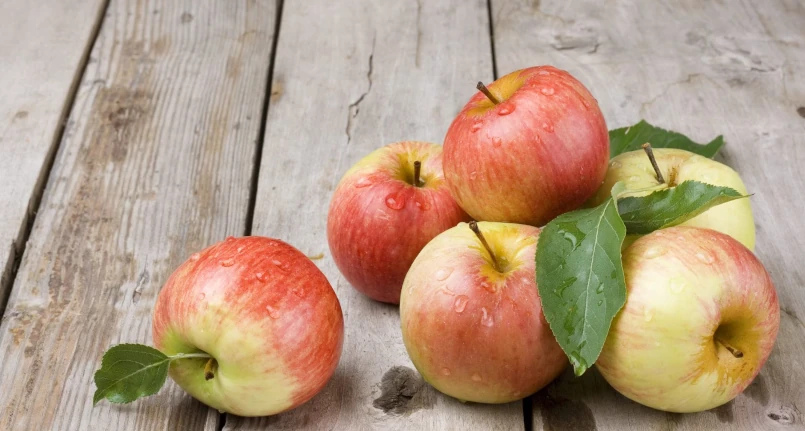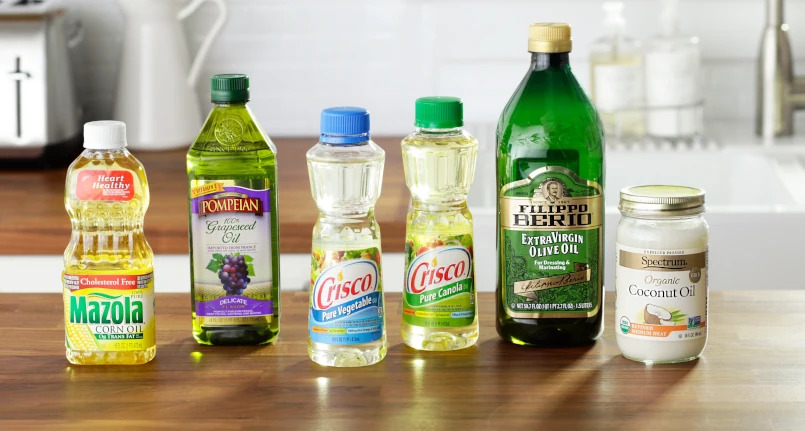Introduction
When you store a food product in the home freezer, it happens that you don’t consume it in time and let it expire inside the freezer itself. If it has been placed in the freezer by the expiration date, one must ask oneself whether it is edible or whether it is better, instead, to throw it away in order not to risk gastrointestinal consequences. The basic conditions for being able to verify whether an expired frozen food is edible is first of all if it has been stored correctly in its packaging, and that there have been no sudden changes in temperature, inside the freezer or at the time of purchase and in transportation.
- Frozen food at home: consume within 3 months
- Industrial frozen food: expiry date on the package, can be consumed even two months after expiry
- Frozen food: very long expiry date, even one year.
Difference between frozen and frozen
- Freezing : preservation system through the ” subzero cold ” (temperatures are between 7°C and -12°C. Freezing is obtained both at an industrial level and at a domestic level when food bought fresh not consumed in the freezer is placed in the freezer within a few days.At the time of defrosting there is a partial loss of nutritional and organoleptic values.Freezing does not allow the activity of the enzymes to be blocked 100%,which leads to a greater deterioration over time of the quality of the original food.
- Freezing: the organoleptic and nutritional properties ( proteins , vitamins , carbohydrates , etc.) remain unchanged , as well as the texture and flavor of the food. This process takes place only at an industrial level and is regulated by legislation on the matter (DL 27 January 1992, n. 110 – Implementation of directive 89/108/EEC concerning frozen foods intended for human consumption ). The temperature is constantly maintained at -18°C in all phases of production, packaging, transport and retail sale.
The correct wording, when we refer to storage in the freezer at home level, is therefore: “freeze meat , fish , vegetables ” and not freeze.
Food in the freezer: when to consume it?
In general, foods frozen at home should be consumed within three months of their preparation (in this regard it is better to write down the reference date on a label to be applied to the bag or container). Industrially frozen foods , on the other hand, have an expiry date indicated on the package which can be up to 18 months from their packaging, while frozen foods have even longer storage times . See the table below with the different storage times in the freezer at different temperatures.
Freezer products, as also specified by the Ministry of Health, are not perishable: in fact, next to the expiry date, you can read the wording ” best before…” This means that the food in question can be consumed up to a couple of months after the date shown on the package, without causing particular problems at the gastrointestinal level, or even more, being toxic.
Here’s how to cook offal .




